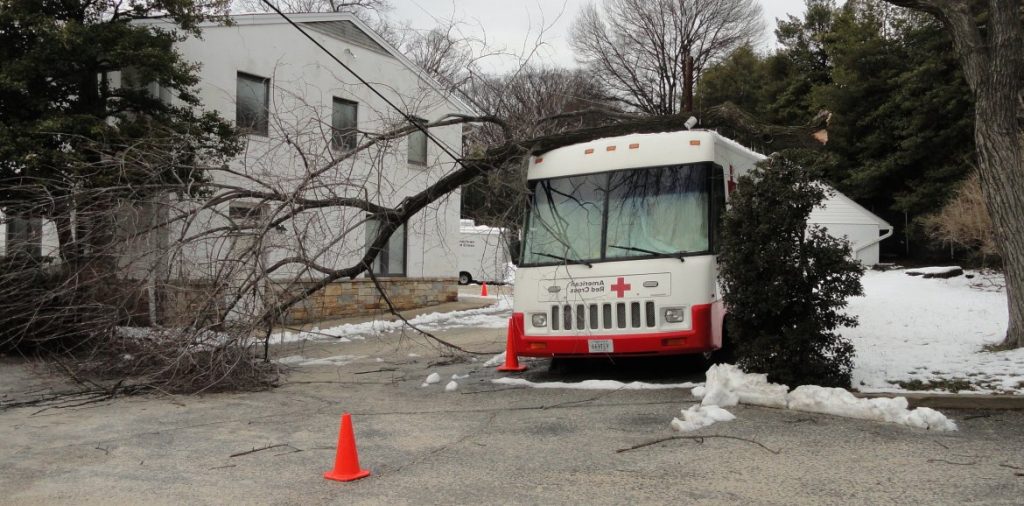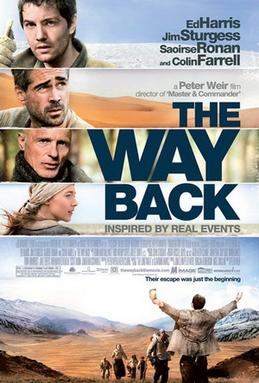We have been watching Downton Abbey on Masterpiece Theater. I usually don’t watch those soap-opera type programs about rich folks, but this one I like. I think it handles the class system in an interesting way, a way that is not so common today.
Our usual handling of the social arrangements of any earlier time is to project our own values back onto them and criticize. Most modern treatments pick villains and heroes. The villains are the people in charge and they are villains because they are actively oppressing the plucky poor or the non-conformists, who are the heroes, of course. It is an analysis along one dimension and allows both the viewers and the writers to lazily slouch into the familiar and well-worn rut.
I am not old enough to recall events of 1912, but from what I read in history and literature of the period, I am fairly certain that it was not that simple. Downton Abbey gives us a more complete tapestry. People live in the class system. Some like it more than others, but they live in a web of privileges and responsibilities. The servants feel pride in what they do and don’t want to lose their work. People behave with grace and good manners. Robert Crawley, Earl of Grantham, is the boss of the estate, but he is as much a servant of the estate as its master. This is what I like about the character. He takes very seriously the responsibility of maintaining the estate, sees himself as a steward of the place, not its owner. He would understand the saying that he didn’t inherit the place from his ancestors as much as hold it in trust for future generations. The estate is “entailed” which means that it cannot be divided and must be passed along intact to a male heir. This creates a problem, since the Earl has only daughters. His heir is a cousin, Matthew Crawley. He is brought to the estate, but is unenthusiastic about inheriting and taking on the responsibilities. By the third episode, which is that last one I saw, he is starting to appreciate his responsibilities. Meanwhile there are a lot of other things going on among the personalities. Of course, there is the old dowager who defends class privilege. She is an old battleax but not completely unlikable. There is a rivalry developing with the Cousin Matthew’s mother. The rich girls are sometimes nasty. There are a couple of malcontents among the staff, but they are not portrayed in a heroic light. The coolest guy is the Irish chauffeur, who claims he is a socialist but not a revolutionary, but so far he has a small part. Anyway, I look forward to the next episodes.
Re another story of class and responsibility, last week I went to see “the King’s Speech.” It is easy to find reviews about it, so I don’t need to summarize it. I recommend you read about it and go to see it. It is about King George VI, who had a stutter. A king has to make speeches and so he went to an eccentric speech therapist to help him overcome his problem. He had to make the most important speech of his life to rally the British Empire during World War II. What I liked about this movie was how it emphasized work, duty and earned success.
Earned success. Some people would scoff at that. He was king and inherited his position. This is true. But I think it has to do with playing the proper role, as I mentioned above re Robert Crawley. He played the hand that he was dealt. The key is how well – or poorly – he played it.
I am no believer in the class system and I firmly believe that individuals should earn what they get. People today have many more choices about the roles they will play in society, but I do recognize the need and honor to play well whatever roles you end up getting.
One of the people in my life who I most respected was our Bogdan, our driver in Krakow. He didn’t have a lot of education & he did a job that many would consider low-level. But Bogdan had natural dignity & integrity. He took great pride in doing what he did. After we got to know each other, he used to give me advice about people and places. In his 25+years driving around southern Poland talking to my predecessors, meeting people and often sitting near meetings, he had learned a lot of things that were practically useful. I remember one university dean telling me that he had been visited by five U.S. consuls over the course of his career, but always that same driver. Most importantly, Bogdan told me the truth. He told me when my Polish was good, and when it wasn’t, told me when I needed to improve my mood or my attitude.
So is it better to have more or fewer choices? Like everything else in life, it depends; it is not all of one thing or the other. Maybe in the past we had too few choices and too little emphasis individual options. But today, IMO, we talk way too much about rights and not enough about duty. You cannot sustain one w/o the other. I liked the old Stoic idea that contentment depends on identifying and doing the right thing. This may not be the fun thing or the most expedient one, but in the long run it will bring the greatest happiness. My favorite metaphor is forestry. I can make a lot of choices, but all of them are constrained by environmental conditions and subject to random chance. There is no single correct choice, but some choices are much better than others & some choices are just plain wrong. Success depends on making good choices and following through with them, but even the best choices do not guarantee perfect results. That’s life.
Maybe happiness means finding the place you best belong, liking what you do there -being good at it -and knowing that all your choices are both free and constrained.
The picture up top is Chrissy. It is not related to the story, but she looks good.






















